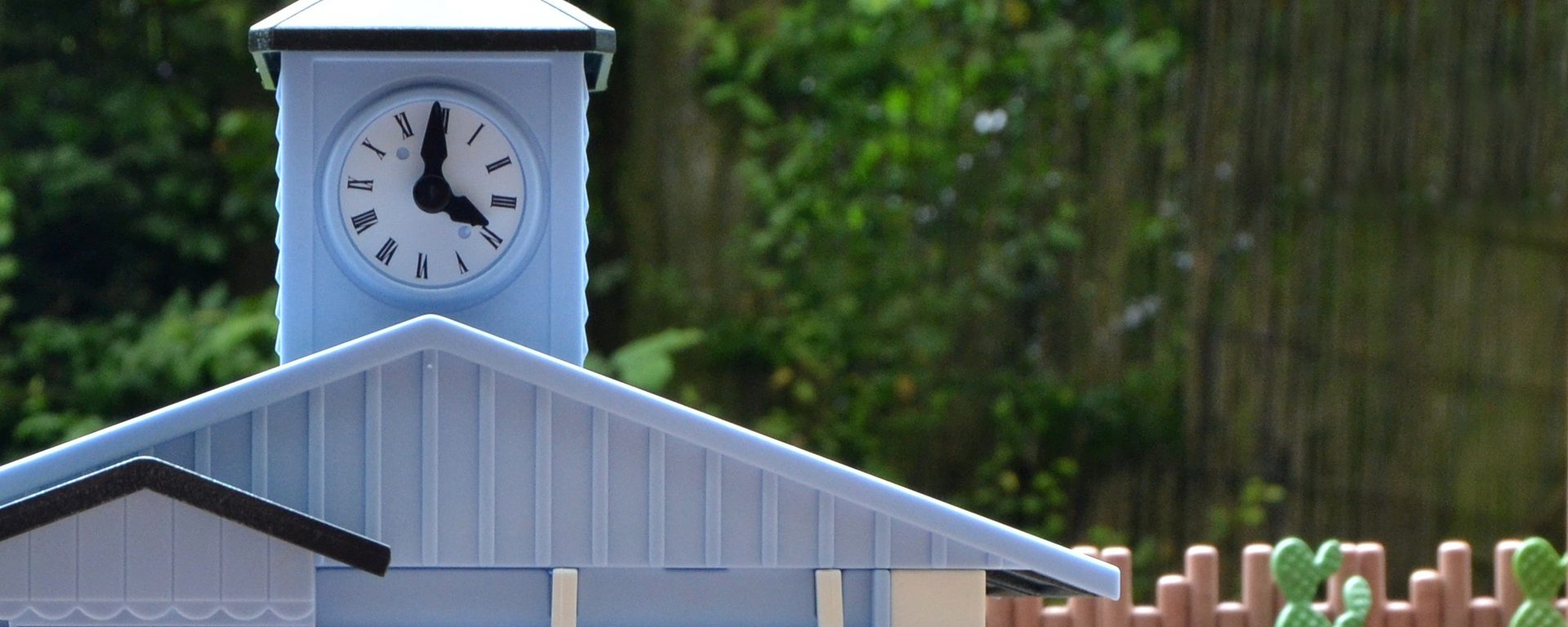As parents, we want to set our children up for success by giving them the tools they need to succeed, and this starts as early as infancy. Parents provide their children with the support and resources needed as they learn to eat, walk, talk, and socialize. When the time comes for a parent to relinquish some of those responsibilities to an educational institution in the preschool and elementary years, it may feel a bit overwhelming. As a parent, you want to choose the best type of educational setting for your little one.
Many parents like the idea of a Montessori school because of its child-centered educational approach. However, did you know that there are several other types of schools like Montessori? Here are some alternative options for schools like Montessori, with a few key differentiators that may make one the right fit for your child.
- Reggio Emilia Schools
The Reggio Emilia educational approach encompasses a similar learning approach as Montessori in that all the learning is child-centric. However, the main difference lies in the curriculum itself. Montessori schools follow a general curriculum that often includes the core subjects of math, science, language, geography, language, and music. At Reggio Emilia schools, however, there is no set or specific curriculum that teachers and children follow each day. Instead, the education is project-based, where each lesson is based on the interests of the children, allowing them to take control of their learning. This self-guided curriculum empowers children to explore and discover the world around them through curiosity, creativity, analysis, and problem-solving.
- Waldorf Schools
Another type of school like Montessori is the Waldorf school. The philosophy of a Waldorf school is that it’s “not a pedagogical system but an art – the art of awakening what is actually there within the human being.” This educational approach believes that children enter the world with certain attributes and qualities already inside of them, and these are just lying dormant till stimulation. Therefore, Waldorf uses a play-based approach to empower children to activate these attributes and apply them to their educational experience. Waldorf schools have a similar classroom environment as Montessori schools with many of the classrooms being mixed-age / grade classrooms. However, the main difference is in the learning styles, Waldorf focuses on creative play and Montessori has a structured educational curriculum.
- High / Scope Schools
High / scope schools were originally developed in 1970 for at-risk urban children, however, this approach has proven to be beneficial to many other children, especially those who benefit from more one-on-one attention. While Montessori schools emphasize many aspects of a child’s growth, this learning style tends to de-emphasize social and emotional development and instead place the focus on academic skill development. High / Scope schools encourage students to have specific learning experiences such as ordering things, counting and telling time, as well as communicating stories. Students are empowered to take control of their learning and make independent decisions about the activities they do. This is one of the similar schools like Montessori in that children and adults learn collaboratively alongside each other.
There are many types of schools like Montessori that provide children with the attention and opportunities needed to succeed in school and independently as they grow. Ultimately, the choice is up to you. You know your child best. If you believe your child could benefit from a creative, inspirational, and environmental learning experience, you might consider a Reggio Emilia inspired magnet school like Riverside Magnet School in East Hartford, Connecticut.
If you are simply considering these types of schools and want more information about the Reggio Emilia approach, please attend an upcoming parent information session at Riverside Magnet School.
Goodwin University is a nonprofit institution of higher education and is accredited by the New England Commission of Higher Education (NECHE), formerly known as the New England Association of Schools and Colleges (NEASC). Goodwin University was founded in 1999, with the goal of serving a diverse student population with career-focused degree programs that lead to strong employment outcomes.

